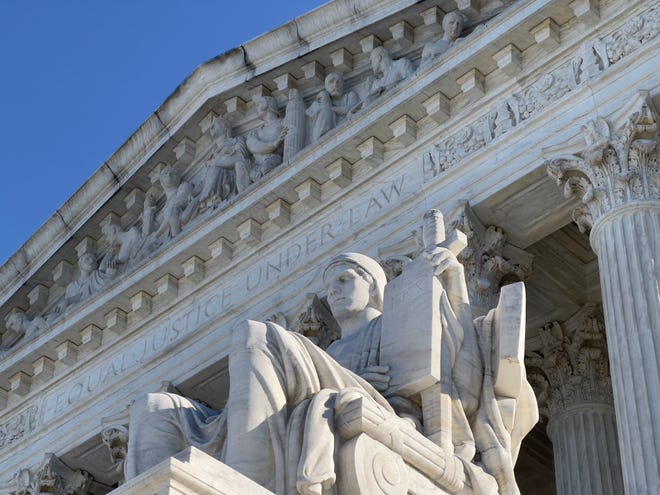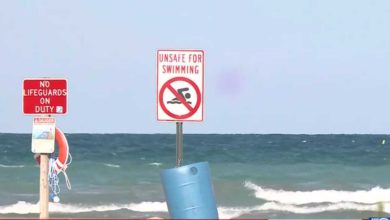
WASHINGTON – The Supreme Court hinted Monday it may ask lower courts to take another look at a case involving FBI surveillance of Muslims even as the government has cited national security in declining to provide evidence about the operation.
Yassir Fazaga and two other Muslim men said the FBI’s covert surveillance took place solely because of their religion and that it violated their constitutional rights.
But the federal government asserted the state secrets privilege, which allows it to withhold evidence if it considers national security to be at stake. The California-based U.S. Court of Appeals for the Ninth Circuit ruled that a provision of the Foreign Intelligence Surveillance Act of 1978 requires courts to review the materials in a private hearing to determine whether any of it could be used in the case.
During more than two hours of argument Monday several justices appeared skeptical of the appeals court's decision but also indicated the challenge should continue, perhaps without the secret evidence the government says it doesn't want to provide. Their questioning suggested the court may be looking for a narrow way to resolve the dispute.
"The government takes a very much stronger view of what state secrets doctrine is and...it says anytime we have a secret, we're entitled to use that evidence in our possession without telling you anything about it," Associate Justice Neil Gorsuch said during an exchange with the government's attorney. "In a world in which the national security state is growing larger every day, that's quite a power."
Edwin Kneedler, arguing on behalf of President Joe Biden's administration, said the government is concerned about the broad ramifications of the 9th Circuit's ruling in cases beyond the one at hand. The state secrets privilege, he said, is "firmly grounded in the Constitution" and is "critical to safeguarding the national security."
Among the fundamental questions raised by the challenge is: What happens when the government claims the state secrets privilege over the results of the electronic surveillance of U.S. citizens? Can a lawsuit be dismissed at an early stage? Or does the 1978 FISA law compel a lower court to review the material to determine if the government has a good reason to conduct the surveillance?

Tossing the 9th Circuit's ruling would technically represent a win for the government but the court could do so in a way that keeps Fazaga's case alive.
Government officials say the goal of Operation Flex was to determine whether "particular individuals" were involved in the "recruitment and training of individuals in the United States or overseas for possible terrorist activity." The surveillance, which involved a paid informant, took place in Southern California in 2005 and 2006.
At one point, when the FBI informant began discussing jihad and arguing about whether terrorism could be justified under Islam, members of the Muslim community contacted the FBI to report the suspicious activity of the agency's own undercover agent.
More:Supreme Court skeptical of Guantanamo detainee's request on 'black sites'
Abortion, guns:Supreme Court returns to a docket full of explosive cases
It’s the second time the state secrets privilege has made its way to the nation’s highest court in as many months. In October, a majority of the court signaled skepticism over allowing a Guantanamo detainee to subpoena two former CIA contractors who were the mastermind of the “enhanced interrogation” program used during President George W. Bush’s administration.
The arguments in Abu Zubaydah’s case took an unusual turn when some of the justices pressed the government on whether it would allow Zubaydah to testify on his own about his treatment at a CIA “black site” in Poland. The Biden administration said subsequently it would allow that testimony, with conditions, and Zubaydah’s attorneys have asked the justices to put his case on hold for now.
Source link








